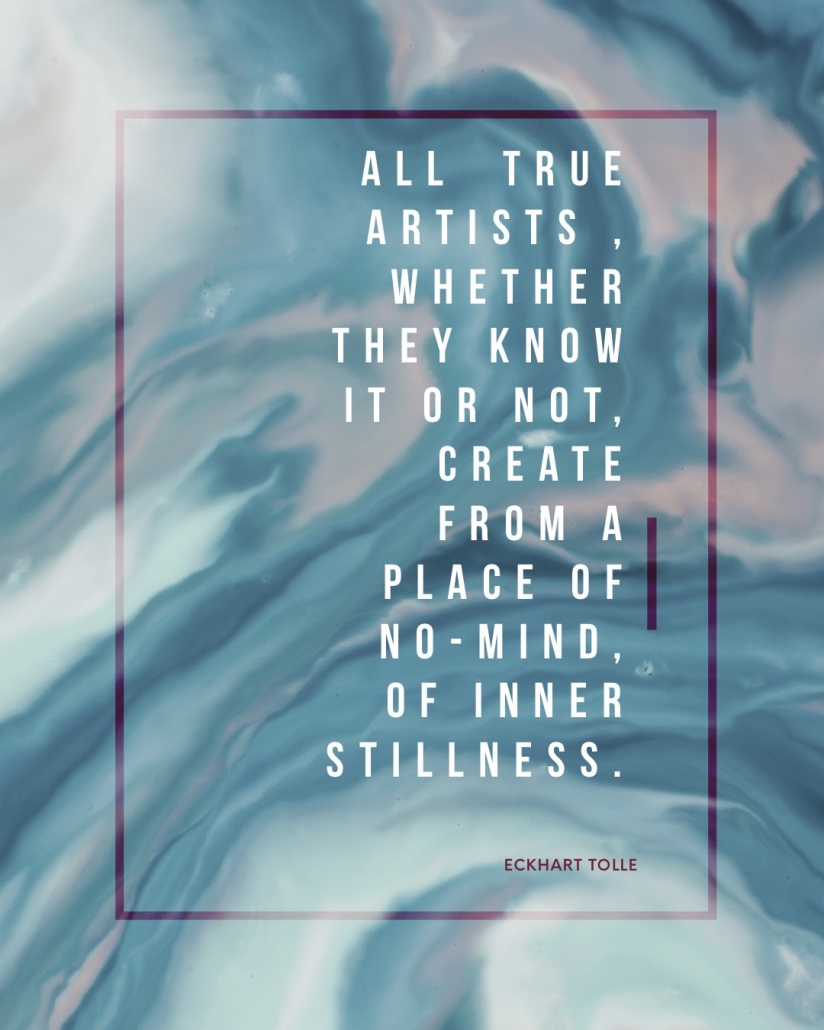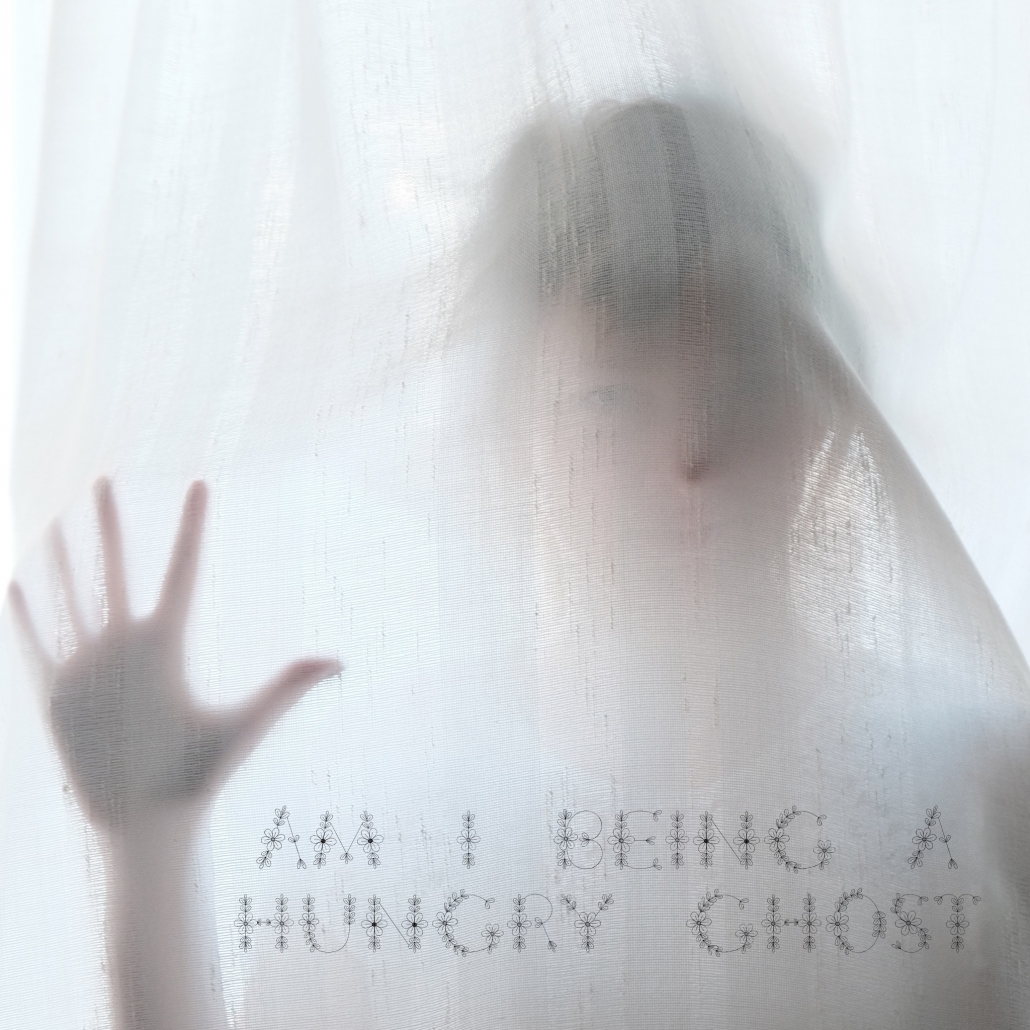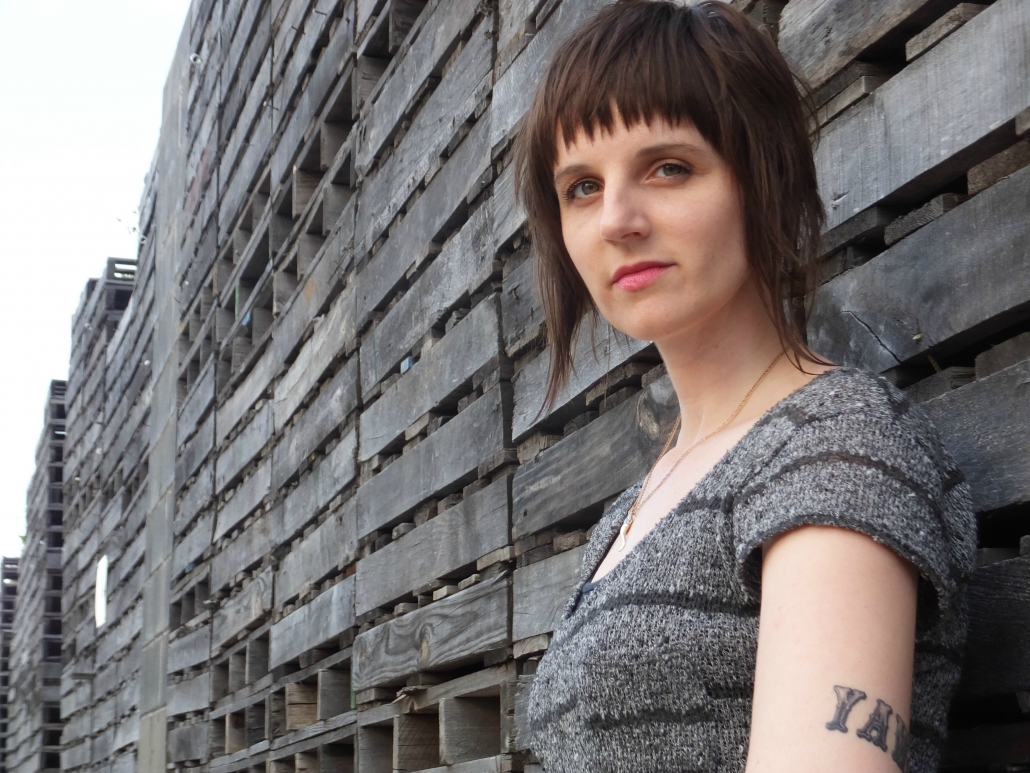Revising Your Relationship To Your Ego – Heather Demetrios
In my journey as a writer, I’ve come to find that the more I can get out of the way, the better the work is. As I like to tell my students and clients, “The book is the boss. I just work here.” I’m sure all of you have had at least one if not many flow experiences in which you’ve lost yourself in the work—the key phrase here being “lost.” It’s as if you are no longer there or, even better, as if, for once, you have finally shown up. Fully present, fully and totally there. All the clutter of your daily concerns fade away and what is left is the white hot center of creation, pure energy. Momentum.
I’ve just come off of leading a retreat on revision and I’ll be teaching an online course on revision next month (come join me, there is still space!), and my key takeaway from my own experience with revising many books (and writing them) is that to get into flow and to find the heart of our stories, we need to banish the Ego from the writing space. We need to work from an entirely different place. This is no easy task, but if you put in the work, the rewards are beyond worth it.
My mindfulness practice has helped me do that much more efficiently—and gently. Mindfulness begins with awareness. As Mary Oliver says, Attention is the beginning of devotion. We need to be aware of our Ego in order to be able to tell it to take a hike. So what is the Ego, exactly? Ego is your sense of self. Identity. The story you tell yourself about who you are (“I’m not smart enough / a writer / an iconoclast / a feminist / a this / a that”), and all the things society and biology tells you about who you are, too (“I’m an American / woman / middle-class / white”).
Eckhart Tolle calls the Ego the “burden of your personality.” And, boy, can the Ego feel like a boulder on your back. The good thing is that we don’t have to be ruled by it. The more we can separate from the Ego, the more we can show up for our writing, the more space our characters have to breathe (and the easier it is to hear them when they’re trying to communicate with us).
:: Getting To Your Essential Self ::
What we’re trying to get to in banishing the Ego is our Essential Self: our deeper self beyond the Ego that’s tapped into the universal consciousness. Your PRESENCE, not your PERSON, as Tolle describes it. He calls it “essence identity”—the universal in you. We are human beings, but so often we only focus on the human part—our story, our Ego—and forget all about BEING.
According to Tolle, and I agree, the Being part is your presence, in this moment, as part of the universal whole. We need both to function. But you need the BEING part for the art. That’s what you want to tap into, that’s where the flow lives.
Now, phrases like “universal consciousness” might make some of you nervous. That might sound a bit esoteric, a bit woo-woo. But it doesn’t have to be. It’s one way of expressing the ineffable feeling of flow. That sense of being in that paradoxical place where you’re both fully embodied and entirely outside yourself.
In short, be the PRESENCE, not the PERSON when you sit down to write.
Forget about career, about your worries and hang-ups about your writing and this book in particular. Get the Greek Chorus out of your head. Stop going down the rabbit hole of fear. Be fully present.
:: What does being fully present look like? ::
Well, meditation trains us in how to do that, but in tandem with that, being present means not checking your email when you write. It means not having your cell phone in your work space. It means not having ten thousand beta readers because you’re too afraid to trust yourself. It means writing more than talking about writing. It means getting your butt in the chair and doing the work, even when you’ve got nothin’.
Tolle says that when you’re in PRESENCE (Essential Self), the universal consciousness can speak through you. This is how we get those situations when characters have a mind of their own and the plot just seems to magically come together or we get crazy insights.
When we meditate, we train in being in the present, we train in accessing this presence. We train in flow. This is why I’m always nattering on to writers about starting a meditation practice.
:: What’s wrong with the Ego ::
The Ego doesn’t have your Essential Self or your book’s best interests in mind.
The ego is a hungry ghost.
In Buddhist philosophy, a hungry ghost is traditionally a demon that is constantly craving and looking everywhere to fill its hunger, but it can never be satisfied. In our lives, we are often hungry ghosts. We look everywhere for satisfaction, thinking career, food, sex, relationships, and material things will satisfy us only to realize the hunger for something more is still there. The craving.
The Ego will never be satisfied. It keeps thinking that outside / external things will satisfy it. But all things are impermanent: anything we cling to will inevitably go away—die or cease to be in some way. Our cells regenerate every seven years—which means our bodies that we carry around aren’t even the same ones we began with or had a decade ago. Nothing is permanent, and the Ego knows this and fights it every step of the way.
:: The Ego and Fear ::
The Ego is always trying to protect itself, which means it’s constantly harboring fear. It is TERRIFIED all the time of annihilation.
Thus, when we are working from our Ego, we are often working from a place of fear or expectation.
We’re trying to self-preserve, so we make the safe choice or we impose a plot on a character because we’ve decided this is the easier thing for us to do as writers—much better than having to go back and fully revise and come to terms with our shortcomings as writers and to deal with the problems of the book. So we have tinkering revisions and “good enough” drafts.
When we’re working from our Essential Selves, we work from a place of expansiveness and possibility—curiosity, not fear, rules us. We are open and courageous.
Because we’re not working from a place of Ego, we’re not clinging to our darlings. We can bring in that Kali liberating Dark Mother goddess energy and kill them joyfully, with our tongues wagging, because that’s what’s best for the book. Remember: the book is the boss.
:: How Meditation Helps Us Get In Touch With Our Essential Selves & Beat Down Ego ::
Meditation helps us to break down the Ego and see it for what it is: a hungry ghost. By getting to understand how our mind works, we see the ways it grasps onto Egoic thoughts—its obsessions with its own survival, whether it be about career or comparison to others or the millions of fears and worries and anxieties that besiege our minds.
As we begin to sift through the thoughts, a clarity begins to bubble up. A quiet. A stillness. The thoughts are still there, but we are aware of them. And this terrifies the Ego. It will rebel. It will fight you. But you train against that every time you sit. And the more you sit, the harder it will be for the Ego to run you.
Meditation trains you in being able to see the difference between the Ego and Essential Self. More and more, your Essential Self will rule the roost.
:: How To Be Mindful of the Ego When Writing ::
Ask yourself when you’re stuck:
- Am I working from my Ego or from my Essential Self?
- Am I being a hungry ghost?
- Am I clinging to an idea for my book out of fear, laziness, or expectation? (That’s Ego)
If you work from the Essential Self, the book is the boss, you are the vessel, and you invite flow in.
Here’s to getting out of your own way!
Breathe. Write. Repeat.
Heather Demetrios (’14) is a young adult author, writing coach, and meditation teacher for writers. She’s the recipient of the Susan P. Bloom PEN New England Award and the author of several critically acclaimed novels, including Bad Romance, I’ll Meet You There, and Exquisite Captive. She’s the editor of the upcoming anthology, Dear Heartbreak: YA Authors and Teens on the Dark Side of Love, which features several VCFA faculty and alumni, and the author of Codename Badass, an upcoming feminist pop biography of WWII spy, Virginia Hall. New fantasy, contemporary, and historical novels are also forthcoming from Macmillan. Her honors include books that have been named Bank Street Best Children’s Books, a YALSA Best Fiction For Young Adults selection, a Goodreads Choice Nominee, a Kirkus Best Book, and a Barnes and Noble Best Book. She lives abroad in various locales, but you can always find her at mindfulnessforwriters.com. Find out more about Heather and her books at heatherdemetrios.com.






